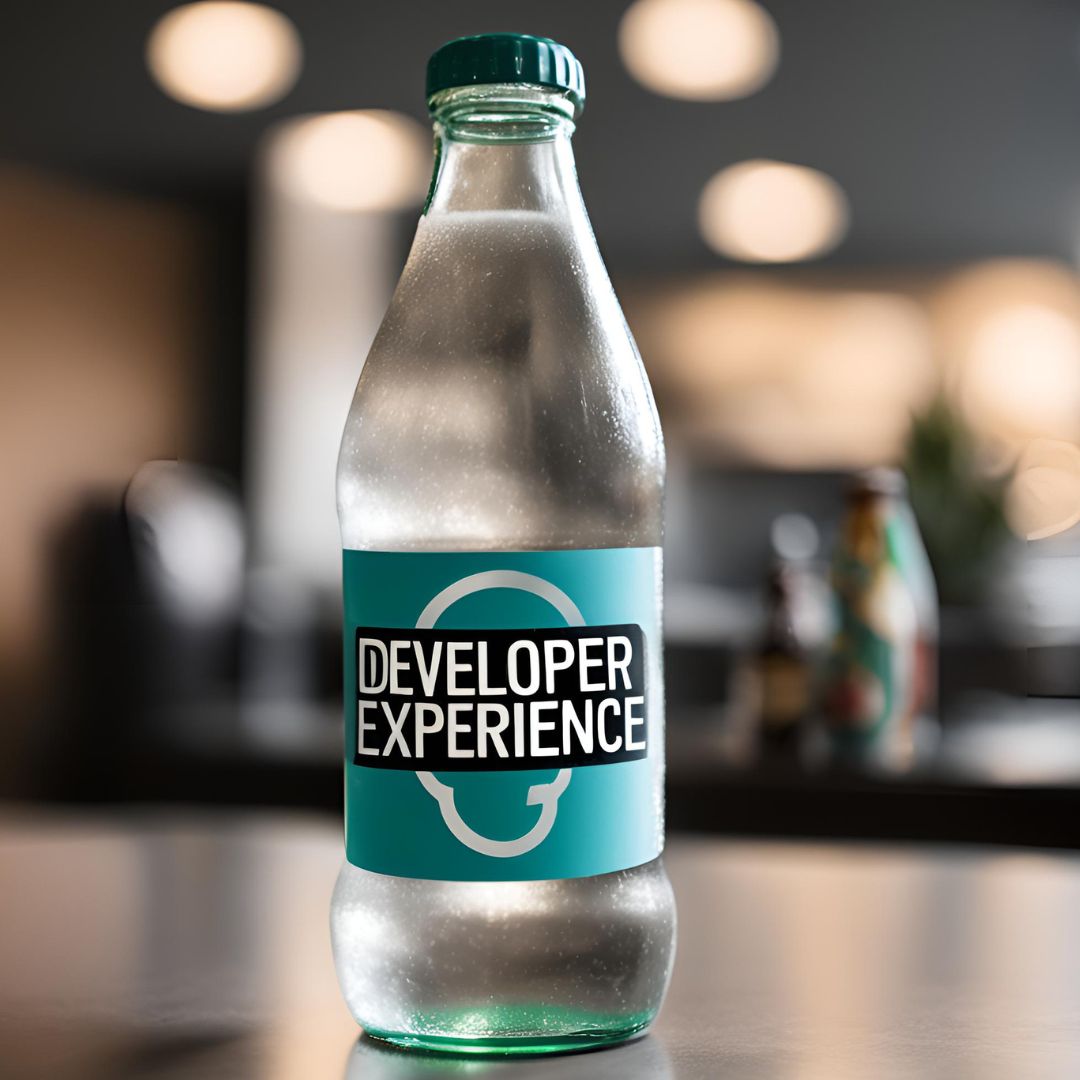Using AI to create a Kubernetes controller in a hurry
I've been looking for an excuse to do something more deliberate and ambitious with generative AI developer tools, so I created a Kubernetes controller which discovers Kubernetes-managed AWS load balancers, scrapes their CloudWatch metrics, and exposes them as Prometheus metrics (which have an infinitely better developer experience).
I'll share what I learned: the magnitude of the productivity boost, how effective it was at teaching me, some strategies I landed on, limits to the agentic tooling I used, and some surprising gaps in the models' abilities.

Since I've been primarily working in platform and infrastructure recently, a lot the "code" I've been writing is domain-specific configuration languages (e.g. terraform, helm charts, OTel collector config, Kyverno policies, etc). Despite so many glowing testimonies of massive wins with generative AI dev tools, the results from my first few attempts to use them were a bit underwhelming. My guess is that config code usually doesn't get open sourced, so the models just don't get a lot of good examples to train on.
This has left me hankering to do something more ambitious, and probably in a general purpose language, where I can get a better sense of what the tools can do (beyond fairly mundane auto-completion).
Then recently, I had a few days where a lot of my colleagues were off on vacation (school vacation in Massachusetts), and it occurred to me I'd been quietly stewing on a problem that might be a great candidate for my own little hackathon.








